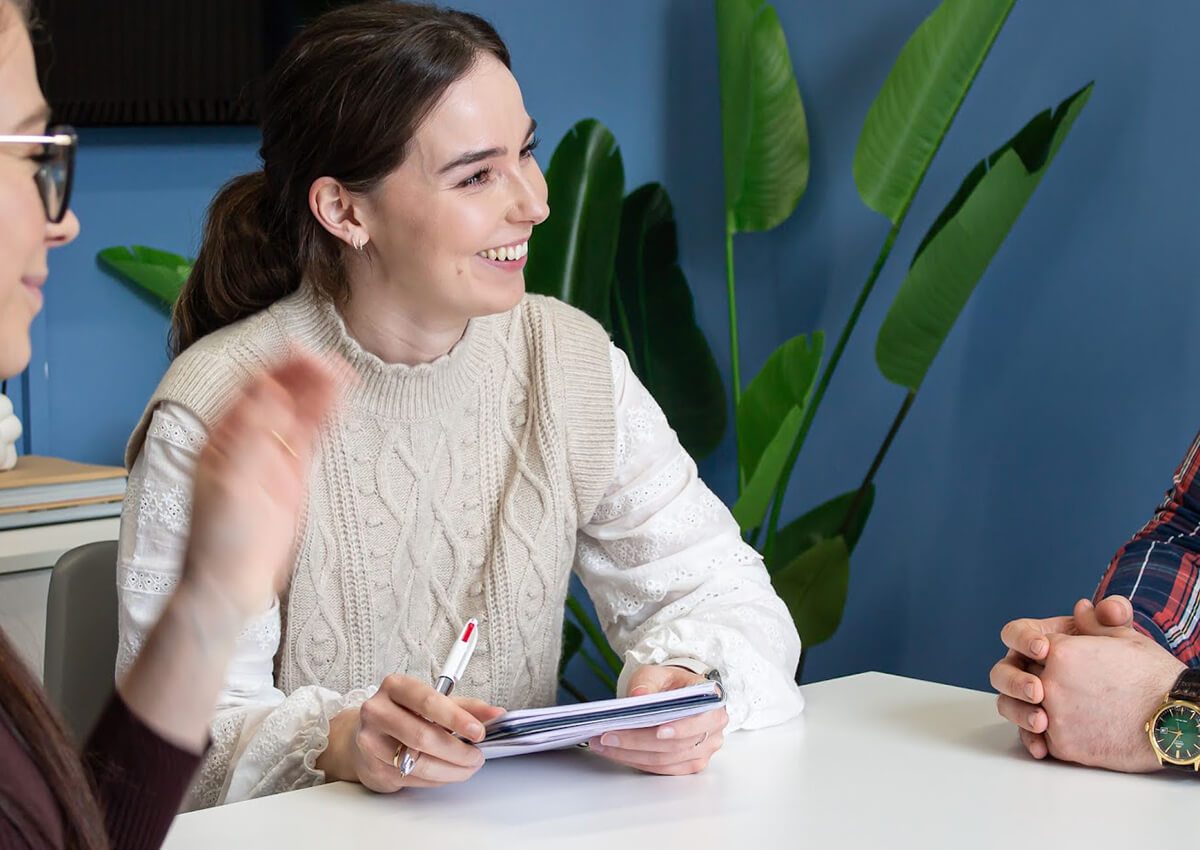


Schools Reopening: September 2020

The government has stated that schools across the UK will be reopening in September 2020.
You can read the full guidance about schools reopening here. But, to save you some time, we’ve gone through the government’s guidance with a fine-toothed comb and highlighted what matters to you as education suppliers.
Hygiene is a priority
Unsurprisingly, hygiene in schools during the pandemic is a top priority.
Many schools already put measures in place to safely teach the children of keyworkers and vulnerable children when the pandemic first began. Now, they are scaling this up in order to welcome back all pupils. Schools are continuing to invest in Covid-19 related solutions, such as PPE supplies and hand sanitisers, and are putting social distancing measures in place to prepare to safely reopen to a larger number of pupils.
The guidance surrounding face coverings is currently under discussion and being regularly updated:
- As of 27th August 2020, secondary school pupils in areas of local lockdown in England will need to wear face coverings in communal areas and whilst moving between classes.
- In Scotland and Northern Ireland, all secondary school pupils will wear face coverings between classes.
- Individual schools and councils in Wales can make their own decisions about the use of face coverings.
This varied approach suggests that, as more schools do start to reopen, there will possibly be more updates to the guidance and individual schools and local authorities may start to make their own decisions.
More money
To ensure that schools have the appropriate supplies and safety measures they need during this time, the government has provided an additional £1 billion grant to support them in covering any additional costs, as a result of the pandemic.
This includes additional premises costs, support for children who were eligible for free school meals during the closures, and additional cleaning and hygiene measures.
Full school, bigger bubbles
All pupils are expected to return when schools reopen in September with fines being given to parents for unaccounted absences. Therefore, with a full school, the bubble system that was being used at the beginning of the pandemic must be altered.
- Bubbles will now consist of an entire class (around 30 pupils) alongside their teacher and teaching assistant.
- This bubble will not be allowed to interact with any other bubbles and will have staggered start times and breaks times.
- If one student or teacher in that bubble were to contract Covid-19 then the entire bubble would be asked to self-isolate for 14 days.
With so many bubbles in school at one time, head teachers will be looking for suppliers to help with social distancing measures and tools to help identify any possible problems areas.
Most of the time the class will be confined to the classroom, and teachers and staff will be expected to keep records of any close contact with their students. This is an additional task for teachers, on top of their already existing workload, so they will be looking for someone to provide a solution to help them.
Make the most of existing space
With the government stating in their guidance that no extra space will be made available, schools will have to make the most of the space they do have. Any suppliers that could provide solutions to this or make the existing space more engaging will be very welcomed by schools.
With restrictions on space and being confined to the classroom, schools will also be looking to make the most out of their outdoor space as well.
Providing easily cleanable equipment that engages children in a fun educational way will not only be seen as a plus by the schools but Ofsted also.
The curriculum
From early years to key stage 5, the government’s guidance is to teach as much of the curriculum as possible to bring pupils back up to speed.
This changes of course, with each key stage, as for example at key stage 5 it is more reliant on
self-study. However, the government has stated it’s important to focus on where core knowledge gaps may be and to incorporate subjects with each other to help fill those gaps.
There will be a strong focus on maths and English, especially in key stages 1 and 2.
If you can supply any means to help fill those core knowledge gaps or that can help pupils progress in maths and English, teachers will want to hear from you.
Supplies
In each classroom the government guidance has stated that each pupil, where possible, should have their own individual desk and own supplies like pencils and pens that they alone use. Pupils will be told to only bring in essential items such as coats, bags, and lunch boxes.
This will put a strain on school supplies, especially if items get lost or broken, so it will be essential that schools have a consistent supply available.
Contractors and outside sources
Any work to be done in schools must adhere to strict safe guidelines. Consequently, schools will be looking for contractors and builders who can provide assurances that they can work within these guidelines. Plus, if you can work outside of school hours this would be a bonus to a lot of schools.
In addition to this the government guidelines have made it possible for outside sources such as physical activity groups to be involved in schools again. However, like the contractors, this needs to be done with strict safety measures in place.
Remote education
If a Covid-19 outbreak were to occur in a classroom, pupils and teachers would have to isolate for 14 days. But their education would have to continue remotely.
The government guidelines have stated that where remote education is needed, it must align with the in-school provisions.
Schools will be looking to further develop any remote learning resources and technology that they’ve already been using to make sure it’s ready and reliable in case any future remote learning is needed. They’ll also be looking for remote education tools that can easily integrate into their syllabus and help maintain their level of teaching.
It is also worth taking into consideration that if there were an outbreak in the wider community then an entire school may have to close, so the remote solution needs to be adaptable.
So, what can we take from all of this?
There are plenty of opportunities for education suppliers to help and support schools during this time. Ofsted will not resume inspections until January 2021, so many schools will be looking to make improvements before then.
If you’ve got the perfect solution to support schools, get in touch with us today and we’ll be happy to discuss your options. Give us a call on 01257 460036 or email info@buzz-education.com.






